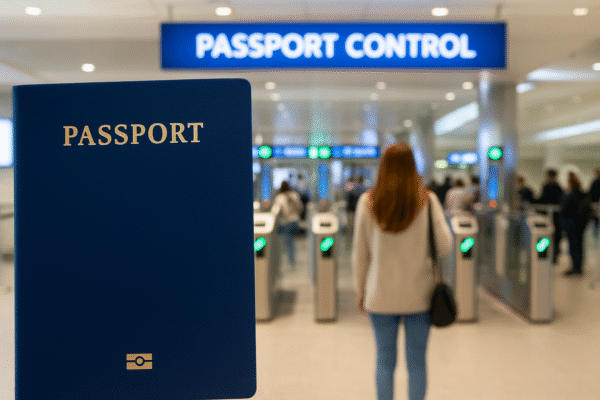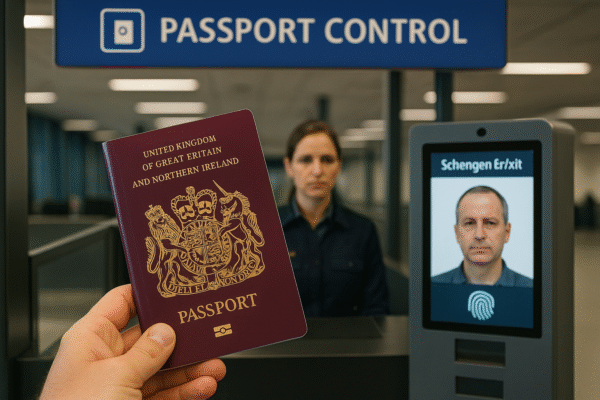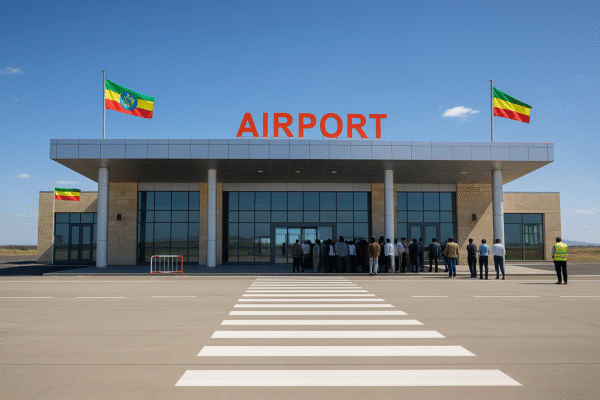As industry giants like American Express Global Business Travel (Amex GBT) and CWT explore mergers to expand their market dominance, independent travel management companies (TMCs) are pivoting toward innovative strategies to remain competitive. In a global travel landscape undergoing rapid consolidation, smaller players are embracing alliances, joining networks, and leveraging smart technology to offer comprehensive services without overextending their budgets.
While large-scale mergers remain the dominant strategy for increasing global reach, many independent TMCs are turning toward consortia and affiliation models. These alliances offer a cost-effective alternative to physical expansion, giving firms the ability to deliver global services through shared resources and platforms—without the significant investment typically associated with international growth.
RTK International: A Case Study in Strategic European Expansion
Luxembourg-headquartered rtk International exemplifies this trend. A major player in the European TMC arena, rtk has leveraged targeted acquisitions and alliances to deepen its footprint across the continent. In 2019, rtk acquired Belgium-based Avitour, enhancing its reach in the Benelux region. More recently, it purchased a 34% stake in France’s TourCom, significantly expanding its network in Western Europe.
These investments have allowed rtk to negotiate better supplier deals, secure access to exclusive technology tools, and offer clients seamless travel management across borders. Instead of duplicating infrastructure in new markets, rtk’s networked approach ensures consistency in service delivery while preserving regional flexibility—a model that has become increasingly attractive in today’s inflation-sensitive economy.
Why TMC Networks Offer a Competitive Edge
TMC consortia are increasingly popular among smaller agencies. These networks enable independent TMCs to compete with larger players like Amex GBT and CWT by pooling technology, negotiating better supplier contracts, and co-developing marketing campaigns.
By joining forces, consortium members can access advanced booking tools, global fare databases, and client service platforms typically reserved for mega-firms. This allows them to deliver premium corporate travel experiences—without sacrificing agility or bespoke service.
Additionally, members benefit from peer learning and cross-market insights, sharing best practices that enhance competitiveness across the network. Unlike mergers, consortium participation allows companies to maintain brand identity and business autonomy while enjoying the advantages of scale.
Technology Partnerships: Powering the Future of Business Travel
With travel demand rebounding and client expectations evolving, technology has become a key differentiator in the TMC space. Leading-edge companies are turning to artificial intelligence, machine learning, and data analytics to optimize travel itineraries, track budgets, and enhance traveler safety in real-time.
Firms like rtk, which have invested in tech-centric alliances, are leading the way. Their platforms support automated bookings, smart travel policy enforcement, real-time disruption management, and intuitive self-service portals—helping clients cut costs while boosting employee satisfaction.
According to the Global Business Travel Association (GBTA), technology-driven TMCs are also more likely to offer sustainability tracking, allowing corporate clients to monitor and reduce their travel-related carbon footprints—an increasingly important consideration in global procurement strategies.
Implications for Smaller TMCs in a Global Market
As global clients demand broader coverage and uniform service quality, the pressure on independent TMCs to scale up is mounting. While mega-mergers grab headlines, the most effective route for many is still cooperative growth. Joining global consortia or forming regional alliances offers smaller firms a way to extend their capabilities while preserving personalized service—a hallmark of independent travel agencies.
Industry observers note that this model is especially suited to businesses in Europe, where cross-border travel is common, and clients value both localized expertise and seamless global service.
U.S. Market Perspective and Strategic Shifts
In the U.S., the TMC sector is facing similar pressures. While consolidation is driving down competition in certain segments, it is also creating space for agile players who can provide specialized services or customized technologies. This is particularly true in the SME market, where flexibility and responsiveness often outweigh brute scale.
Brand alliances like those fostered by the GlobalStar Travel Management and Radius Travel networks allow American TMCs to maintain independence while gaining global connectivity—something increasingly crucial as clients expand into new regions.
Moreover, U.S. agencies are investing in client engagement technology and mobile-first solutions, enhancing real-time traveler support and trip customization. These investments are helping maintain loyalty in a volatile and price-sensitive market.
Conclusion: Collaboration is the Future of Corporate Travel
As the travel management industry continues to evolve, strategic collaboration appears to be the most sustainable growth path for independent TMCs. Whether through acquisitions, technology partnerships, or participation in global networks, companies that leverage shared resources and innovation will be better positioned to deliver high-value travel solutions.
With business travel steadily recovering and corporate clients expecting more for less, the ability to adapt and align with the right partners will define which TMCs succeed in the new era of travel. As seen with rtk and its peers, collaborative growth is more than a survival strategy—it’s a blueprint for long-term, scalable success in an increasingly interconnected world.
For more travel news like this, keep reading Global Travel Wire
















